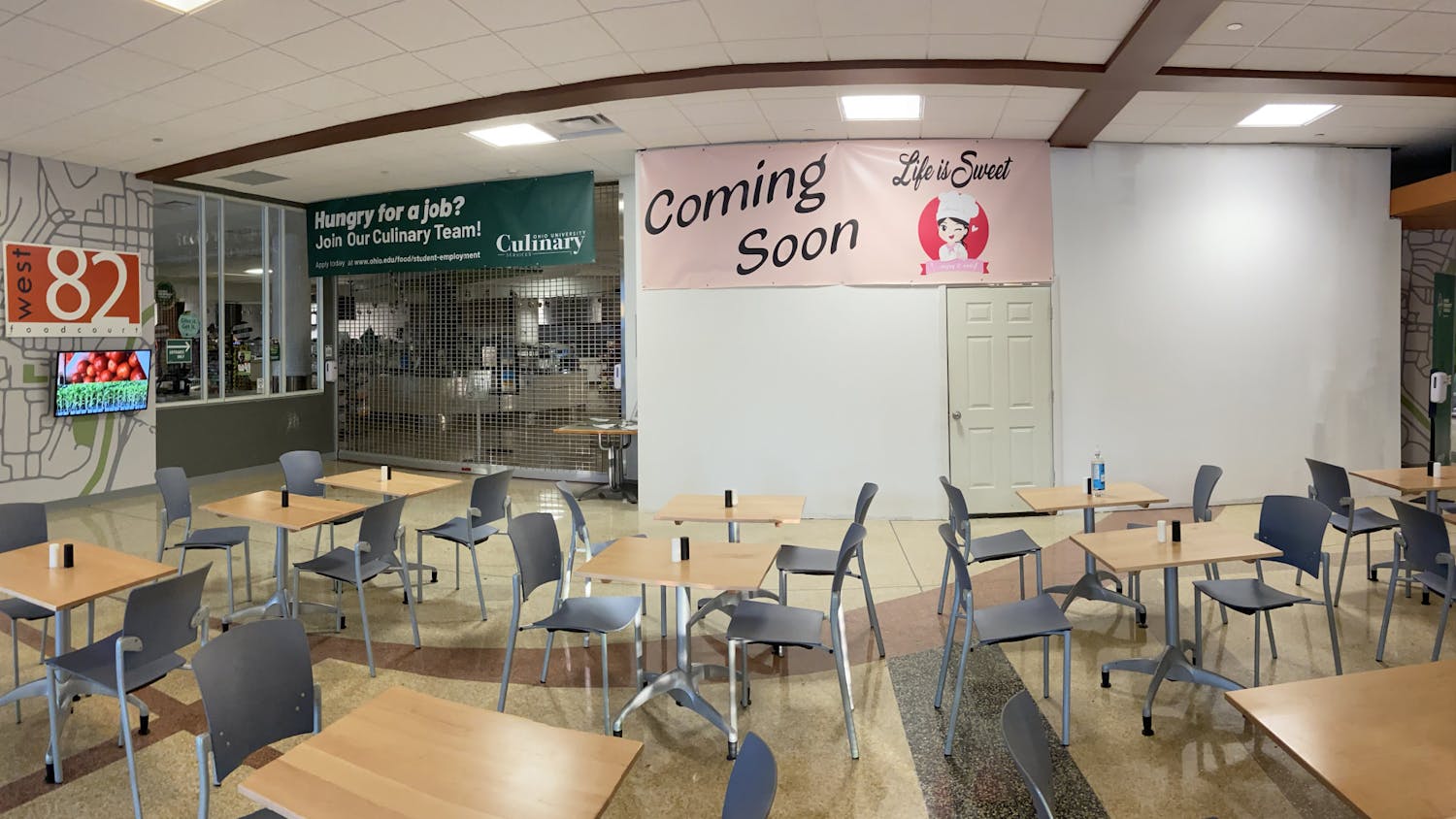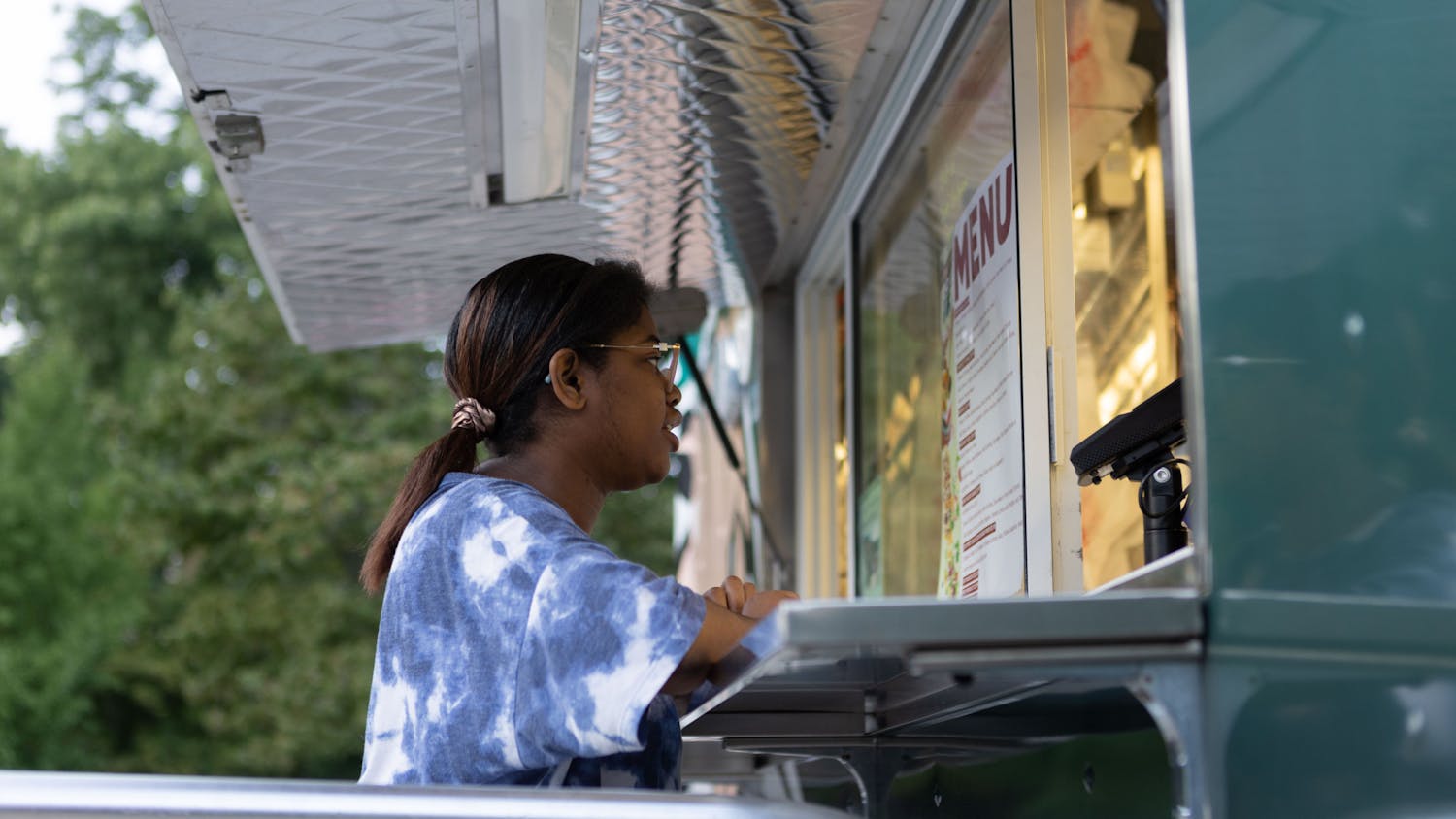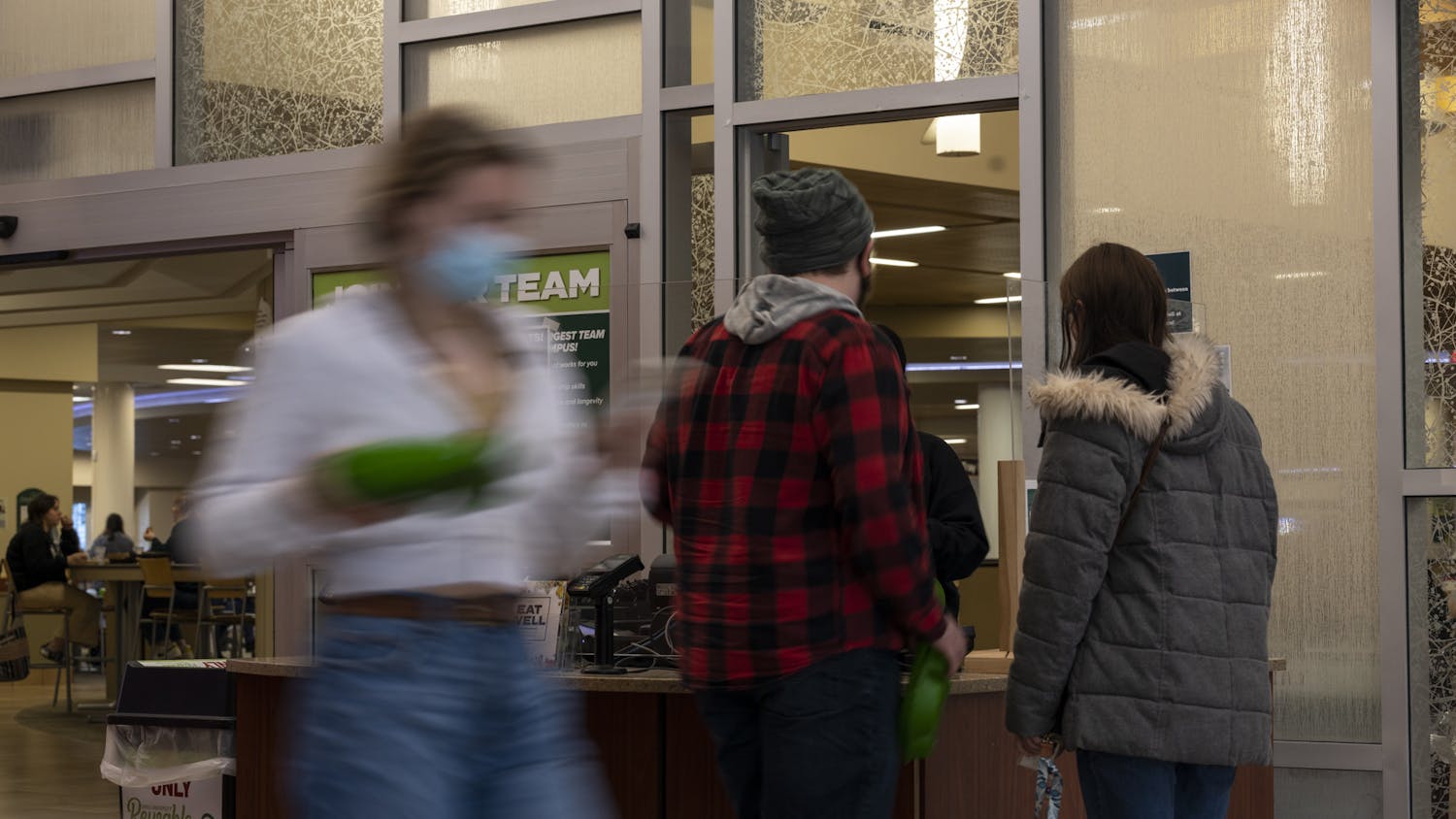During the 2022 Fall Semester, Ohio University’s Culinary Services supplied over 800 more residential meal plans to students than it did during the 2021 Fall Semester.
The end of the meal plan refund period was at the close of the fifth week of the Fall Semester. After the drop date, Culinary Services reported that it provided for over 7,100 residential meal plans. Last year, it had to supply food and services to fulfill 6,300 residential meal plans.
Culinary’s original budget plan, which was created during the spring of this year, accounted for an expected 3,852 incoming freshman students; however, there were 4,441 incoming freshman students, and as a result OU’s largest-ever freshman class increased the demand of Culinary’s food supply and the services offered by its employees.
To accommodate the flow of students in Boyd Dining Hall and Nelson Dining Hall, Frank Pazzanese, the executive director of Culinary Services, said employees underwent extensive training prior to the start of the semester and strategies for moving people through the halls efficiently was discussed.
“Both dining halls have two checkers on either end; really anything that you can think of to disperse lines or slow lines down, we've done that too,” Pazzanese said. “We even practiced during (Bobcat Student Orientation). We had close to 300 parents come through … we were timing them and how quickly people would go through lines.”
Although hiring student employees for positions at any of Culinary’s locations was difficult last year, Pazzanese said a number of employees were hired at its job fair in July to accommodate the influx of students with meal plans.
“We did hire at that time 42 employees, now we have lost some since then but we do have still a significant amount of employees,” Pazzanese said. “It went down and that's just the culture we're in now, the times we are in now. We've done everything. We're pulling out all kinds of stops to try to hire, not only our union employees, but also students.”
Rather than set a strict limit for the amount of money Culinary is able to spend on food items, it operates using a percentage of its total revenue. Currently, Culinary spends between 25% to 30% of its total revenue on food expenditures. The percentage could amount to $12 million or more based on its expected total revenue of more than $40 million during the fiscal year, which began in July and will continue throughout June 30, 2023.
The utilization of the flexible percentage budget has allowed Culinary to counteract the cost of inflation of necessary items, Pazzanese said.
“We are experiencing significant inflationary costs around food, food equipment, beverage, paper, fuel, everything that we labor, everything that we need in order to deliver the services that we have committed to our students,” Gwyn Scott, associate vice president for auxiliaries, said.
To receive quality food for an amount within its budget, Pazzanese said Culinary meets regularly with the companies it purchases food from to alter its contracts or to switch suppliers. Its largest suppliers are U.S. Foods, Gordon Foods and Produce One.
Angie Bohyer, the registered dietician and nutrition educator for Culinary said she has had more students utilize her services than they have in the past. The majority of requests she receives are due to students’ food allergies.
“One of the most common that I have seen this year is celiac, and five years ago, people were not eating celiac because maybe they wanted to lose weight, or maybe we thought it was a trend; we don't really know why we didn't want to eat gluten,” Bohyer said. “Now, we've really seen a big increase with celiac disease and/or gluten intolerance, and there's also been an increase, by my numbers because I do keep track, in dairy allergy.”
Despite the initiatives Culinary has taken to improve its services, Pazzanese said he plans to constantly reevaluate the efficiency of the dining halls and make improvements if needed.
“We're always going to continue to do a ‘360 reveal’ and find something,” Pazzanese said. “We'll make some changes for next semester based on what we've seen this semester.”






